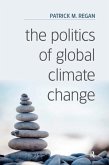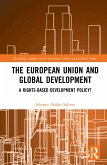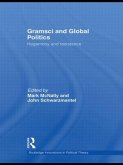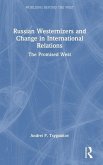What kind of ethics in world politics is possible if there is no foundation for moral knowledge or global reality is at least complex and contingent? Furthermore, how can an ethics grapple with difference, a persistent and confounding feature for global politics? This book responds to the call for a bold and creative approach to ethics that avoids assuming or aspiring to universality, and instead prioritizes difference, complexity and uncertainty by turning to reflexivity, not as method or methodology, but as a practice of ethics for politics. This practice, 'ethical reflexivity', offers individuals, organizations and communities tools to recognize, interrogate and potentially change the stories they tell about politics-about constraints, notions of responsibility and visions of desirability. The benefits and limits of ethical reflexivity are investigated by the author, who engages writing on critique, rhetoric, affect and relationality, and carefully considers dominant and alternative framings of difficult issues in International Relations (IR)-the 1994 genocide in Rwanda, and the US policies of 'enhanced interrogation' and drone strikes. This path-breaking study provokes new possibilities for agency and action and contributes to a growing literature in IR on reflexivity by uniquely elaborating its promise as an ethics for politics, and by drawing on thinkers less utilized in discussions of reflexivity such as Hannah Arendt, Michel Foucault and Aristotle. This book will appeal to scholars and upper-level graduates in several sub-fields of IR, including international/global ethics, IR theory, global governance, international organizations, non-governmental organizations, foreign policy analysis and US foreign policy.
Hinweis: Dieser Artikel kann nur an eine deutsche Lieferadresse ausgeliefert werden.
Hinweis: Dieser Artikel kann nur an eine deutsche Lieferadresse ausgeliefert werden.








